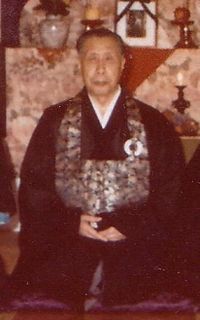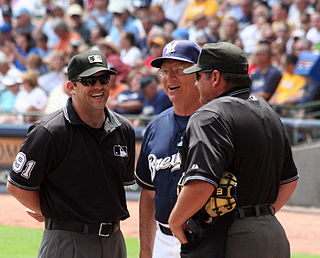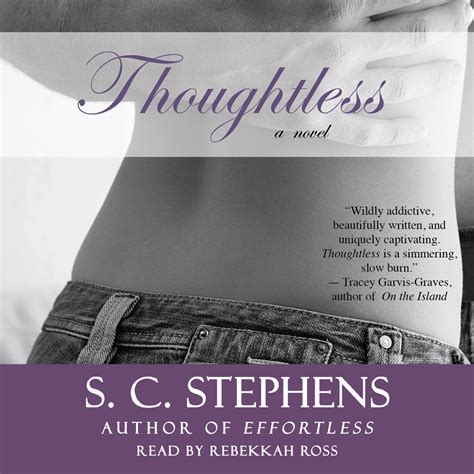A Quote by Jeanette Winterson
The continuous narrative of existence is a lie. There is no continuous narrative, there are lit-up moments, and the rest is dark. When you look closely, the twenty-four hour day is framed into a moment; the still-life of the jerky amphetamine world. That woman-a pieta. Those men, rough angels with an unknown message. The children holding hands, spanning time. And in every still-life, there is a story, the story that tells you everything you need to know.
Related Quotes
A perfect life is a contradiction in terms. Life itself is a state of continuous struggle between ourselves and everything outside. Every moment we are fighting actually with external nature, and if we are defeated, our life has to go. It is, for instance, a continuous struggle for food and air. If food or air fails, we die. Life is not a simple and smoothly flowing thing, but it is a compound effect. This complex struggle between something inside and the external world is what we call life. So it is clear that when this struggle ceases, there will be an end of life.
Living "in" a story, being part of a narrative, is much more satisfying than living without one. I don't always know what narrative it is, because I'm living my life and not always reflecting on it, but as I edit these pages I am aware that I have an urge to see my sometimes random wandering as having a plot, a purpose guided by some underlying story.
The reality is it's still in our hands. We have to play four real good games against the Angels. If we take three of four we're still two back and then we'd need help. We'd still be breathing, but we'd need help. We'll shoot all our bullets to try and win that game (Monday) and worry about the next day when we get there.
In 1990 I did a story with Helena Christensen about a woman who lives in a trailer in the middle of the desert and finds a little crushed UFO with a martian who has survived the crash. She takes him home, and they fall in love. Later he has to meet with his fellow martians who have arrived to rescue him. It's a sad ending. This was my first truly narrative story and apparently the first narrative story in fashion photography.
I'm working on my own life story. I don't mean I'm putting it together; no, I'm taking it apart. If you'd wanted the narrative line you should have asked earlier, when I still knew everything and was more than willing to tell. That was before I discovered the virtues of scissors, the virtues of matches.
Every family has a story that it tells itself, that it passes on to the children and grandchildren. The story grows over the years, mutates, some parts are sharpened, others dropped, and there is often debate about what really happened. But even with these different sides of the same story, there is still agreement that this is the family story. And in the absence of other narratives, it becomes the flagpole that the family hangs its identity from.
You are told from the moment you enter school that time is constant. It never changes. It is one of those set things in life that you can always rely on... much like death and taxes. There will always be sixty seconds in a minute. There will always be sixty minutes in an hour. And there will always be twenty-four hours in a day. Time was not fluctuating. It moved on at the same, constant pace at every moment in your life. And that was the biggest load of crap that I'd ever been taught in school.





































